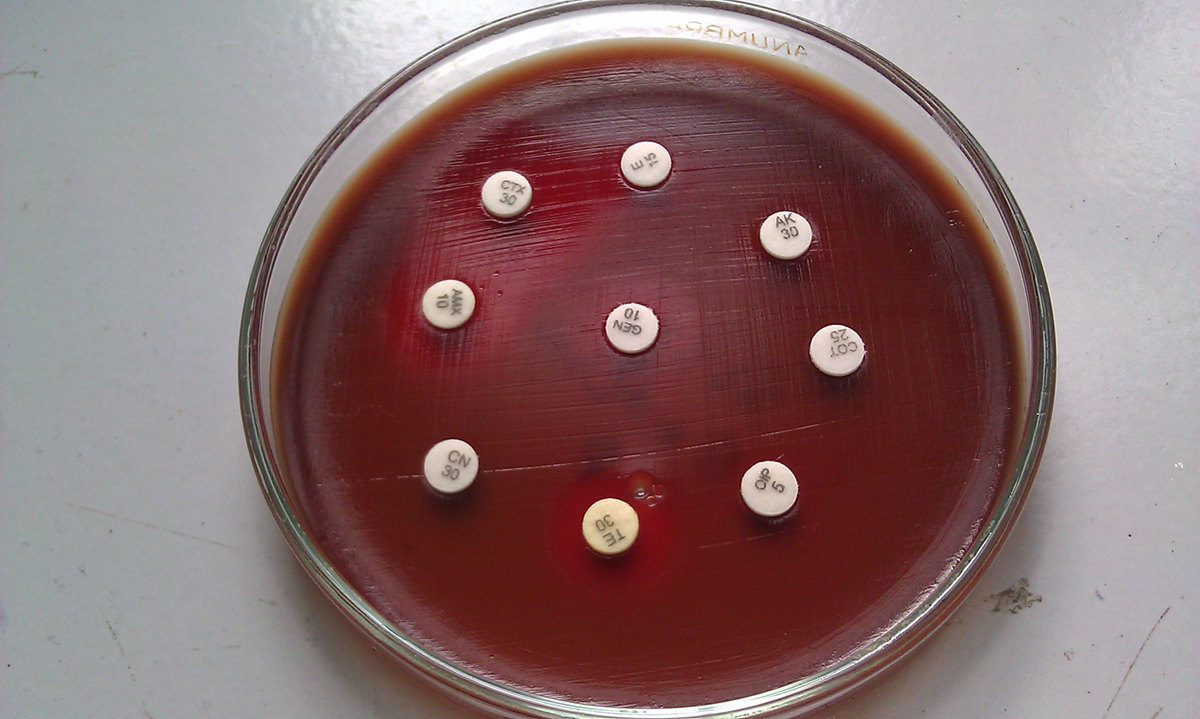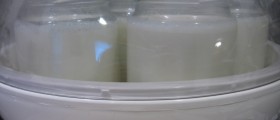
What is CRP Blood Test?
C-reactive protein test, or CRP test, is a type of a blood test which is performed in order to get information about possible ongoing inflammations inside of one's body. Namely, this protein, produced by our liver, binds with the surface of dead or damaged cells in our body. Therefore, its levels should be increased solely if something is wrong and there is an ongoing infection affecting us. Unfortunately, this test can only tell us so much since it is unable to provide information on the location of the infection, its seriousness or the cause of the infection itself.
Still, this test is done and is considered helpful regarding patients who have undergone surgery up to four days ago. Namely, while CRP level are expected to be increased during the first four days after a surgery, they are expected to drop to normal levels afterwards since the critical recovery period is over. However, if the CRP levels are still high after this period, an inflammation or an infection of sorts may be affecting one's body, creating a necessity for further action andanalysis.
More Facts about the CRP Blood Test
This test is performed as a regular drawing of blood is. Firstly, you will have a rubber bandage placed on your upper arm, pressing onto your veins, making them more prominent and easier to locate. Then, the member of medical staff will clean the area with alcohol and draw adequate portions of your blood with a needle and a small bottle. Once this is over, the blood is analyzed and your CRP levels are read. If the test is positive, there is an inflammation going on inside your organism, meaning several different things. One probability is that you might have cancer causing the inflammation. Alternatively, pneumococcal pneumonia may be the case. Also, you might be suffering from a connective tissue disease, rheumatic fever, an ongoing infection or even lupus. The list of possibilities does not stop here since a heart attack, tuberculosis and the inflammatory bowel syndrome may all be possible reasons behind your positive CRP test.
Possible Side-effects and Means ofPrecaution
Since each human individual's organism is unique in a way, some of us may not have any unwanted reactions to this test, while some others might experience bleeding, fainting, dizziness and nausea during the blood extraction procedure. Some may even develop a hematoma or an infection.
















Your thoughts on this
Loading...